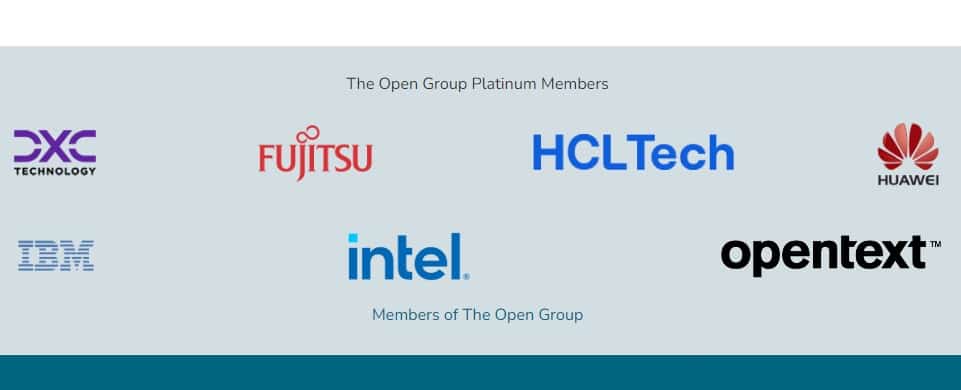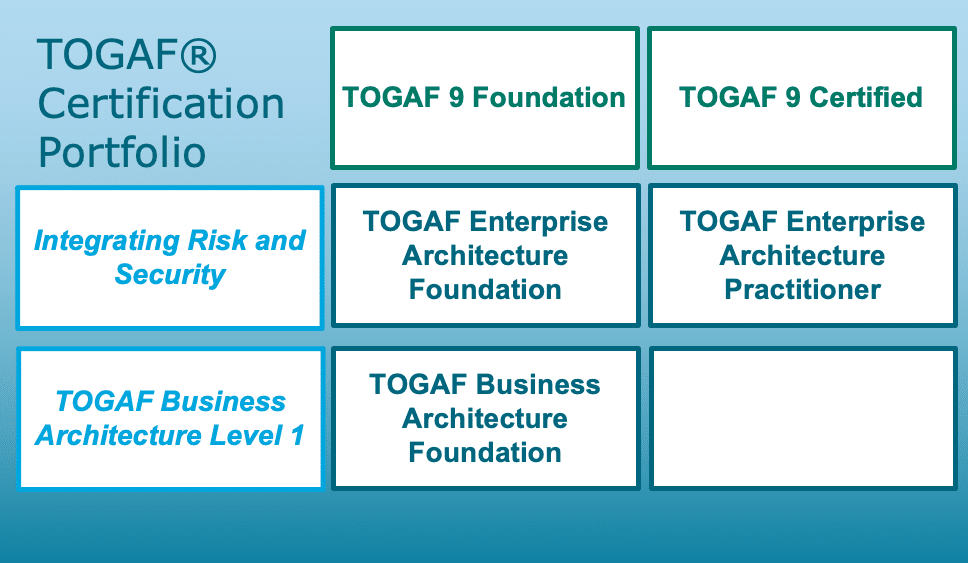The Open Group is a global consortium that resulted from the merger of the Open Software Foundation and X/Open. Its primary mission is to assist businesses in achieving their objectives through the development and promotion of technology standards and certifications. Here is everything you need to know about it!
In the early 1990s, the leading UNIX system vendors came to a realization: they understood that the standards rivalries, often referred to as the “Unix wars,” were not beneficial for anyone.
These internal disputes made the UNIX industry vulnerable to the emerging competition from Microsoft. The COSE initiative, dating back to 1993, can be considered the first attempt at unification.
In 1994, the Open Software Foundation (OSF) merged with UNIX International. However, in 1996, the merger between OSF and X/Open completed this grand alliance. All elements of the Unix community were now brought together into a single entity: The Open Group.
What is the Open Group?

The Open Group is a global consortium with the mission of enabling businesses to achieve their goals through open and vendor-neutral technology standards and certifications. It brings together over 900 organizations, including system and solution providers, tool vendors, integrators, scientists, and consultants from various industries.
The group’s mission is to foster the creation of “Boundaryless Information Flow,” which signifies a seamless flow of information based on reliable and secure global interoperability.
To achieve this goal, The Open Group collaborates with clients to capture, understand, and address current and emerging needs, establish rules, and share best practices. It also works with vendors and standards development organizations to build consensus and simplify interoperability, evolve and integrate open-source technologies.
Additionally, the consortium helps enhance operational efficiency for businesses by offering services in strategy, management, research, and testing.
Furthermore, The Open Group creates industrial certification programs. It is notably the certification body for the UNIX trademark and the publisher of the Single UNIX Specification technical standard aimed at extending POSIX standards.
Who are the members of the Open Group?
The Open Group consortium brings together more than 900 members, including technology vendors, technology buyers, and government agencies.
Among the most prominent members are Capgemini, Fujitsu, HPE, Orbus Software, Intel, IBM, Microfocus, Huawei, Philips, DXC Technology, HCL Technologies, the United States Department of Defense, and NASA.
Members of The Open Group can communicate on a platform and collaborate on the development and adoption of industrial standards. Some documents are exclusively available to members, especially when they are still in development.
Semi-autonomous forums are also available for members based on their areas of interest, such as ArchiMate, IT4IT, healthcare, Open Platform 3.0, OSDU, OPAF, SOSA, O-DEF, or cybersecurity. Additionally, events and meetings are regularly organized for members to engage in further collaboration and discussions.

Collaboration services
Various services are offered by Open Group to its members. This may include the initial implementation of solutions or ongoing operational support.
The group can also assist companies in adopting standards and best practices or support them in their market impact activities.
It guides organizations in defining their goals and strategy and provides certifications. These services are offered to government agencies, suppliers, businesses, and other institutions.
Open Group certifications
The Open Group develops and offers certification programs, particularly for products and best practices. Its main certifications include POSIX, UNIX, and O-TTPS.
Furthermore, the TOGAF certification covers both tools, services, and individuals. Among other professional certifications, there are Certified Architect (Open CA), Certification Program Accreditation, Certified Data Scientist (Open CDS), Certified Technical Specialist (Open CTS), and Certified Trusted Technology Practitioner (Open CTTP).
The Open Group also provides ArchiMate certifications for tools and professionals, as well as certifications for its own standards such as Open FAIR, IT4IT, TOGAF, DPBoK, and Open Agile Architecture.
What is the TOGAF standard?
The TOGAF standard is an enterprise architecture framework and methodology created by the Open Group. It is used by companies worldwide to enhance their efficiency.
It is the most reliable and prominent global enterprise architecture standard, encompassing various standards, methods, and communications.
Enterprise architecture professionals who are proficient in the TOGAF approach can benefit from increased credibility in the industry, improved efficiency in their work, and new career opportunities.
This approach helps avoid being locked into proprietary methods, enables more efficient resource utilization, and delivers a better return on investment.
TOGAF is based on both universal concepts, best practices, and emerging ideas for enterprise architecture. It is used by organizations of all sizes, government institutions, and NGOs.
Numerous tutorials and documents enable organizations to operate effectively across a wide variety of use cases. This includes adopting Agile methods or successfully navigating digital transformation.
There is a clear distinction between the fundamental content of TOGAF, which encompasses core concepts and practices, and the TOGAF Series Guides, which provide guidance on configuring the fundamental content.
The TOGAF certification portfolio is based on different versions of the standard and includes learning paths centered around the standard and the TOGAF Library.

Open Certified Data Scientist (Open CDS) certification
The Open Group Certified Data Scientist (Open CDS) is one of the most highly recognized certifications for Data Scientists by companies and employers.
It allows individuals to demonstrate their skills, knowledge, and experience as a Data Scientist. Certificate holders are capable of analyzing data to help a company improve and achieve its goals.
What sets it apart? There is no requirement to pass a written exam to obtain it; instead, it involves interviews with professionals. It is available in three levels: Certified, Master Certified, and Distinguished.
This program was developed to meet the needs of the IT sector, ensuring that professional Data Scientists have the qualities and skills required to solve business problems using computer science and statistical analysis techniques.
Why and how to obtain the Open Group certification?
Open Group certifications are globally recognized and allow IT professionals to showcase their skills and knowledge.
For employers, it’s one of the most reliable criteria for selecting qualified professionals for critical roles. Thus, obtaining such a certification is a valuable asset for professional development.
To obtain one of these certifications, it is necessary to pass the exam. Open Group recommends attending training and using study guides and practice tests to prepare.
Afterward, you can register on the official website to schedule the exam. The results are then sent to Open Group, and you will receive a message within 6 days with instructions to complete the certification process.

Conclusion: prepare for Open Group certifications with DataScientest
To prepare for an Open Group certification exam, you can choose DataScientest training programs to increase your chances of success.
Our programs enable you to acquire all the skills required to pass the exam and obtain an industry-recognized certification like the Open Group Certified Data Scientist (Open CDS).
All our courses are fully online, and our state-recognized organization is eligible for financing options. Discover DataScientest!
Now you know all about Open Group. For more information on the same subject, take a look at our complete dossier on AWS certifications and our dossier on Microsoft Azure certifications.










